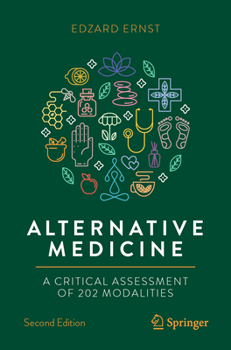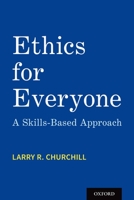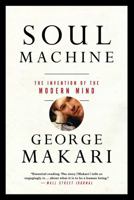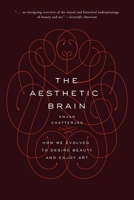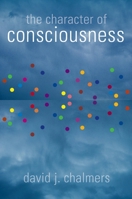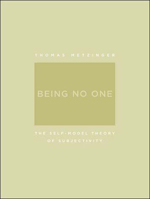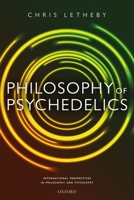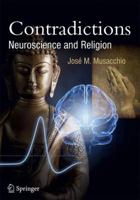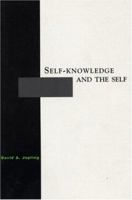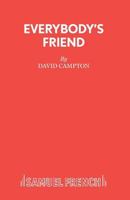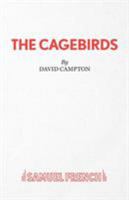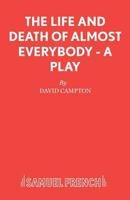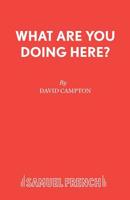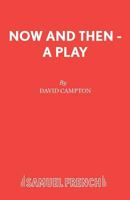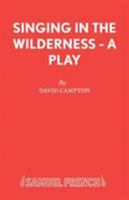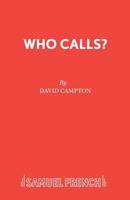Alternative Medicine: A Critical Assessment of 202 Modalities
Select Format
Select Condition 
You Might Also Enjoy
Book Overview
Alternative medicine (AM) is popular; about 40% of the US general population have used alternative treatment in the past year, and in Germany this figure is around 70%. The global market is expected to reach nearly US $ 200 billion by 2025, with most of these funds coming directly out of consumers' pockets.
Consumers are bombarded with misleading and false information on AM and therefore prone to making wrong, unwise, or dangerous therapeutic decisions, endangering their health and wasting their money.
This book is a reference text aimed at guiding consumers through the maze of AM. This second edition includes over 50 additional treatments as well as updates on many others.
Format:Paperback
Language:English
ISBN:3031107098
ISBN13:9783031107092
Release Date:November 2022
Publisher:Springer
Length:401 Pages
Weight:1.29 lbs.
Dimensions:0.9" x 6.1" x 9.2"
Related Subjects
Budgeting & Money Management Business Business & Investing Credit Ratings & Repair Cultural Economic Conditions Economic History Economics Folklore & Mythology History History & Criticism Literary Criticism Literary Criticism & Collections Movements & Periods Personal Finance Political Economy Politics & Government Politics & Social Sciences Social Science Social SciencesMore by David Campton
Customer Reviews
7 customer ratings | 5 reviews
There are currently no reviews. Be the first to review this work.










